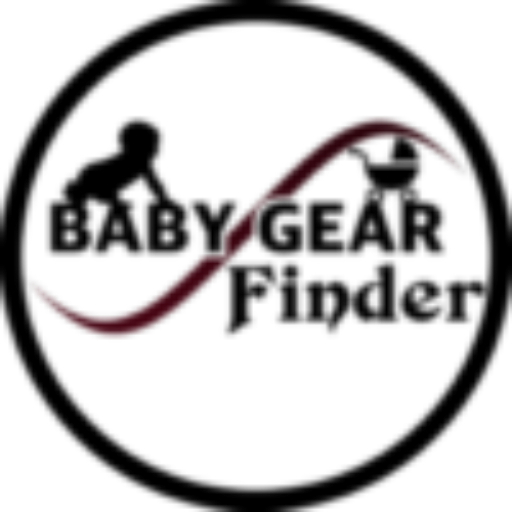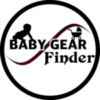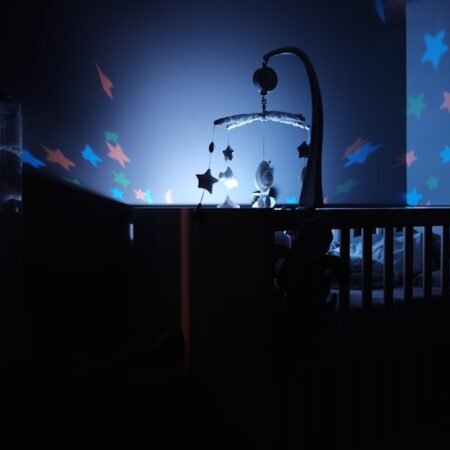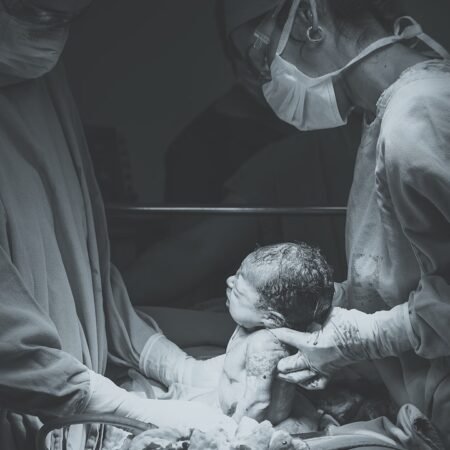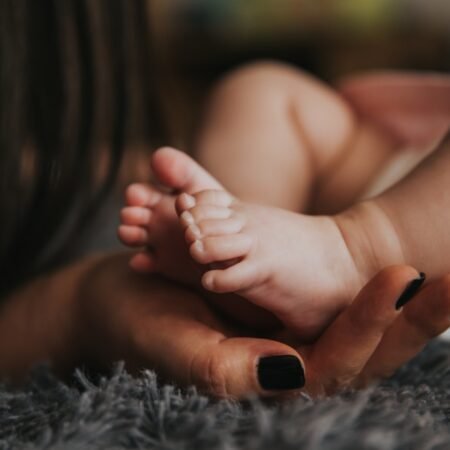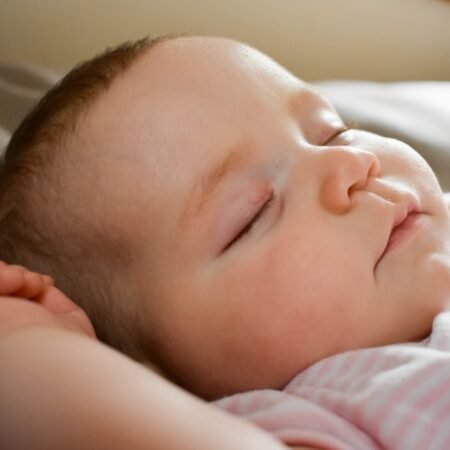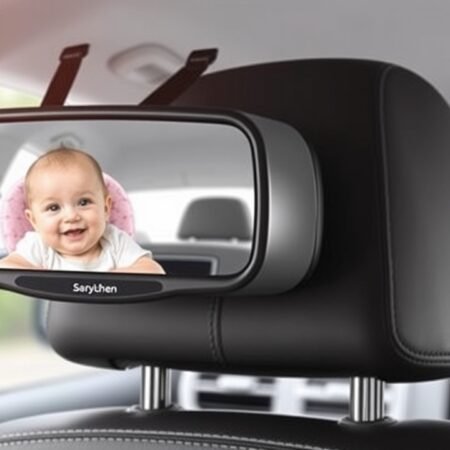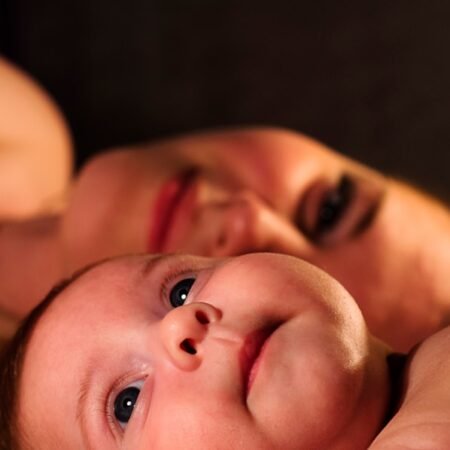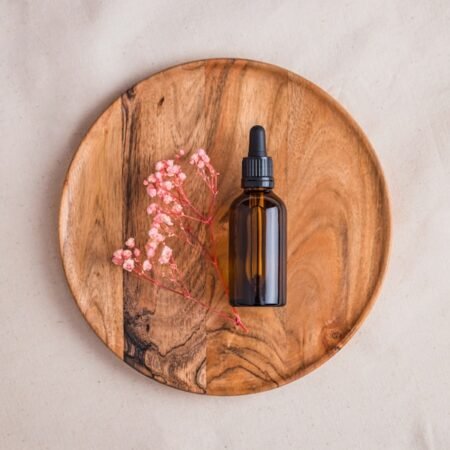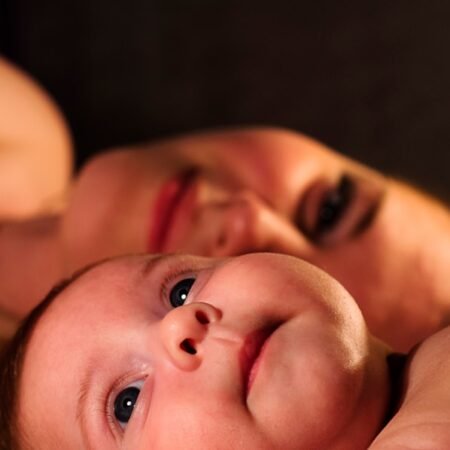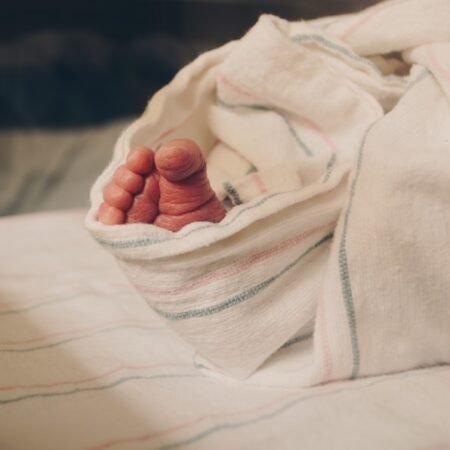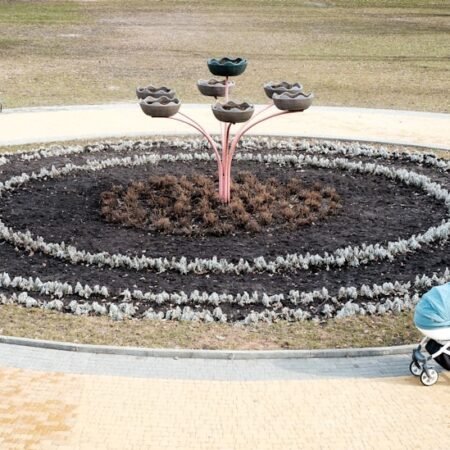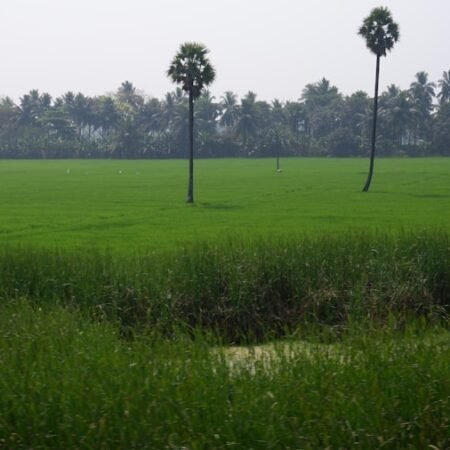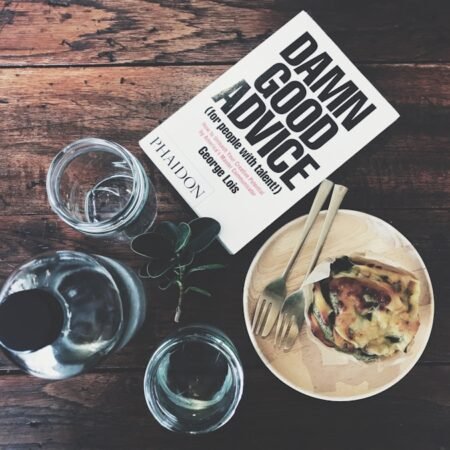From Bottles to Dishes: How to Choose the Safest Dish Soap for Your Baby’s Items
Key Takeaways
- Baby items require special dish soap due to their delicate nature and the potential risks associated with regular dish soaps.
- When choosing a dish soap for baby items, it’s important to avoid certain ingredients such as fragrances, dyes, and harsh chemicals.
- Natural dish soaps may be a safer option for baby items, but they may not be as effective at removing bacteria and germs as conventional dish soaps.
- When selecting a dish soap for baby bottles and dishes, it’s important to consider proper cleaning techniques and the importance of thorough rinsing to remove residue.
- In addition to using the safest dish soap, there are other precautions to take to ensure that baby items are thoroughly cleaned and safe for use.
When it comes to cleaning baby items such as bottles and dishes, it’s important to understand that these items require special attention. Babies are more susceptible to harmful chemicals and bacteria, so using the right dish soap is crucial in ensuring their safety. Regular dish soaps may contain harsh chemicals and fragrances that can be harmful to a baby’s delicate system. Additionally, baby items come into direct contact with a baby’s mouth, making it even more important to use a safe and gentle dish soap. Understanding the risks associated with using regular dish soap on baby items is the first step in choosing the safest option for your little one.
Using regular dish soap on baby items can lead to potential health risks for your baby. The harsh chemicals and fragrances in regular dish soaps can leave behind residue on baby items, which can be ingested by the baby during feeding. This can lead to stomach discomfort, allergic reactions, and other health issues. Furthermore, using regular dish soap may not effectively remove bacteria and milk residue from baby bottles and dishes, putting your baby at risk of infections and illnesses. It’s important to be aware of these risks and take the necessary precautions when choosing a dish soap for your baby’s items.
Ingredients to Avoid: What to Look for on Dish Soap Labels
When choosing a dish soap for your baby’s items, it’s important to be mindful of the ingredients used in the product. There are certain ingredients that should be avoided when selecting a dish soap for baby bottles and dishes. One of the most common ingredients to avoid is fragrance. Fragrances in dish soaps can contain harmful chemicals that can be irritating to a baby’s sensitive skin and respiratory system. It’s best to opt for fragrance-free dish soaps to minimize the risk of any adverse reactions in your baby.
Another ingredient to avoid in dish soaps for baby items is triclosan. Triclosan is an antibacterial agent that has been linked to hormone disruption and antibiotic resistance. Using dish soaps that contain triclosan can pose potential health risks to your baby, so it’s best to steer clear of products that contain this ingredient. Additionally, it’s important to avoid dish soaps that contain artificial dyes and preservatives, as these can also be harmful to your baby’s health. When shopping for dish soap, be sure to carefully read the labels and avoid products that contain these harmful ingredients.
Natural vs. Conventional: Pros and Cons of Different Types of Dish Soaps
When it comes to choosing a dish soap for your baby’s items, you’ll likely come across both natural and conventional options. Each type of dish soap has its own set of pros and cons, so it’s important to weigh your options carefully. Natural dish soaps are made from plant-based ingredients and are free from harsh chemicals and fragrances. They are gentle on the skin and are less likely to cause any adverse reactions in your baby. However, natural dish soaps may not be as effective at removing tough stains and grease from baby bottles and dishes.
On the other hand, conventional dish soaps are formulated to be tough on grease and stains, making them more effective at cleaning baby items. However, they often contain harsh chemicals and fragrances that can be harmful to your baby’s health. It’s important to consider the pros and cons of each type of dish soap when making your decision. Ultimately, the safety of your baby should be the top priority when choosing a dish soap for their items.
Tips for Selecting the Safest Dish Soap for Baby Bottles and Dishes
When selecting a dish soap for your baby’s bottles and dishes, there are a few tips to keep in mind to ensure you’re choosing the safest option. First and foremost, look for dish soaps that are specifically labeled as safe for use on baby items. These products are formulated to be gentle on your baby’s delicate system and are free from harmful chemicals and fragrances. Additionally, opt for fragrance-free and dye-free dish soaps to minimize the risk of any adverse reactions in your baby.
It’s also important to consider the effectiveness of the dish soap in removing bacteria and milk residue from baby bottles and dishes. Look for products that are specifically designed to be tough on grease and stains, while still being gentle on your baby’s items. Lastly, consider opting for natural dish soaps that are made from plant-based ingredients and are free from harsh chemicals. These products are less likely to pose any health risks to your baby and are a safer option for cleaning their items.
Proper Cleaning Techniques: Ensuring Baby Items are Thoroughly Cleaned and Safe
In addition to choosing the right dish soap for your baby’s items, it’s important to use proper cleaning techniques to ensure that they are thoroughly cleaned and safe for use. When cleaning baby bottles, it’s important to disassemble all parts and wash them separately to ensure that no milk residue or bacteria is left behind. Use a bottle brush to scrub the inside of the bottle and nipples, making sure to reach all the nooks and crannies where bacteria can hide.
For baby dishes and utensils, it’s important to thoroughly rinse off any food residue before washing them with dish soap. Use hot water and a gentle scrubbing brush to remove any leftover food particles before washing them with a safe dish soap. Be sure to pay special attention to areas where food can get stuck, such as in the crevices of utensils or around the edges of plates. Proper cleaning techniques are essential in ensuring that your baby’s items are thoroughly cleaned and safe for use.
The Importance of Rinsing: How to Remove Residue from Baby Items
After washing your baby’s items with dish soap, it’s crucial to thoroughly rinse off any residue to ensure that they are safe for use. Residue from dish soap can be harmful if ingested by your baby, so it’s important to take extra care in rinsing off all traces of soap from their items. When rinsing baby bottles, be sure to rinse each part separately under running water, making sure that no soap residue is left behind.
For baby dishes and utensils, rinse them thoroughly under running water, paying special attention to areas where soap residue can get trapped, such as in the crevices of utensils or around the edges of plates. It’s important to take the time to ensure that all traces of soap are removed from your baby’s items before using them again. Proper rinsing is essential in ensuring that your baby’s items are safe for use and free from any harmful residue.
Additional Precautions: Other Ways to Ensure Baby Items are Safe and Clean
In addition to using the right dish soap and proper cleaning techniques, there are other precautions you can take to ensure that your baby’s items are safe and clean. One important precaution is to regularly sterilize your baby bottles and pacifiers to kill any lingering bacteria. You can do this by boiling them in water for a few minutes or using a sterilizing solution specifically designed for baby items.
It’s also important to regularly inspect your baby’s items for any signs of wear or damage. Baby bottles with cracks or scratches can harbor bacteria and should be replaced immediately. Similarly, dishes or utensils with chipped edges or cracks should be discarded to prevent any potential harm to your baby. By taking these additional precautions, you can ensure that your baby’s items are safe and clean for everyday use.
In conclusion, choosing the safest dish soap for your baby’s items is crucial in ensuring their safety and well-being. By understanding the risks associated with using regular dish soap on baby items, being mindful of harmful ingredients, weighing the pros and cons of different types of dish soaps, and following proper cleaning techniques, you can ensure that your baby’s items are thoroughly cleaned and safe for use. Additionally, taking additional precautions such as sterilizing baby items and regularly inspecting them for wear or damage can further ensure their safety. Ultimately, the safety of your baby should be the top priority when choosing a dish soap for their items, so be sure to take the necessary steps in selecting the safest option for your little one.
FAQs
What should I look for in a dish soap for my baby’s items?
When choosing a dish soap for your baby’s items, look for a gentle, fragrance-free formula that is free from harsh chemicals and dyes. It’s important to choose a soap that is specifically designed for baby items to ensure it is safe for use on bottles, pacifiers, and other feeding accessories.
Are there specific ingredients I should avoid in a dish soap for my baby’s items?
Yes, when choosing a dish soap for your baby’s items, it’s best to avoid ingredients such as artificial fragrances, dyes, parabens, phthalates, and sulfates. These ingredients can be harsh and potentially harmful to your baby.
Can I use regular dish soap for my baby’s items?
It’s not recommended to use regular dish soap for your baby’s items, as it may contain harsh chemicals and fragrances that can be harmful to your baby. It’s best to use a dish soap that is specifically formulated for baby items to ensure it is safe and gentle.
How should I clean my baby’s items with dish soap?
When cleaning your baby’s items with dish soap, it’s important to thoroughly rinse the items with water after washing to ensure that no soap residue is left behind. You can use a bottle brush or sponge to gently scrub the items, and then rinse them well before allowing them to air dry.
Are there any specific brands of dish soap that are recommended for baby items?
There are several brands that offer dish soaps specifically formulated for baby items, such as Babyganics, Dapple, and Seventh Generation. These brands offer gentle, fragrance-free formulas that are safe for use on baby bottles, pacifiers, and other feeding accessories.
